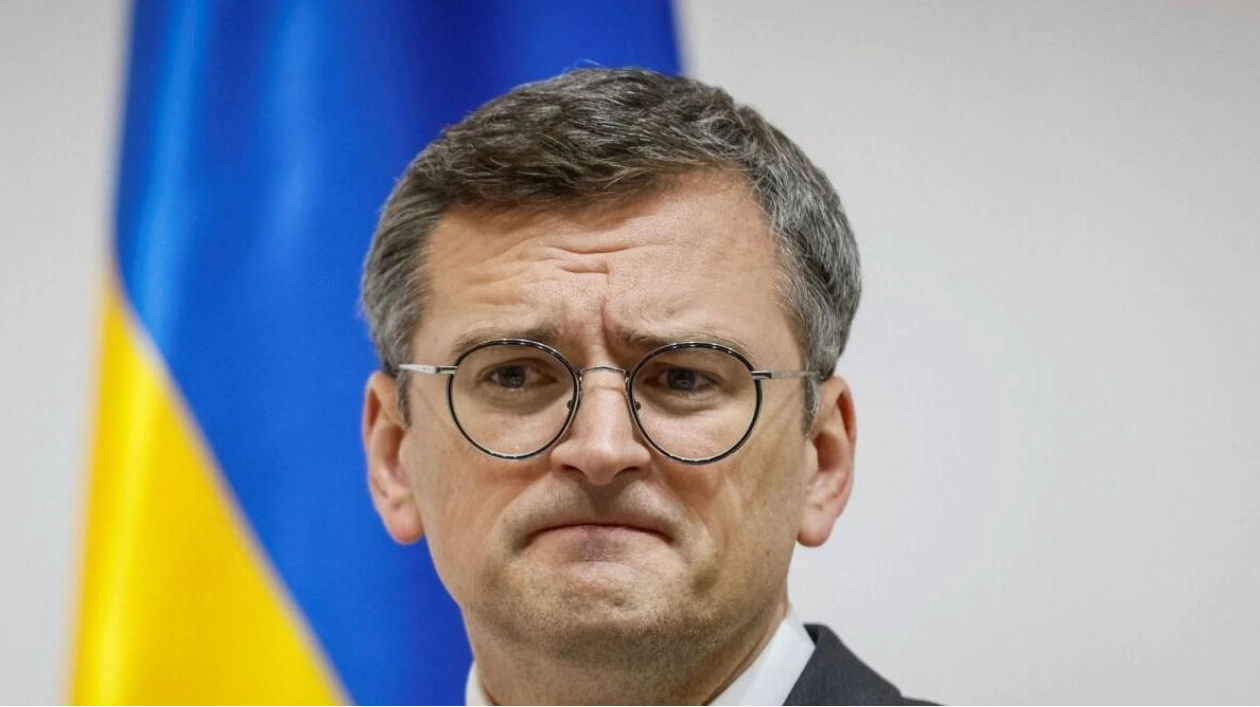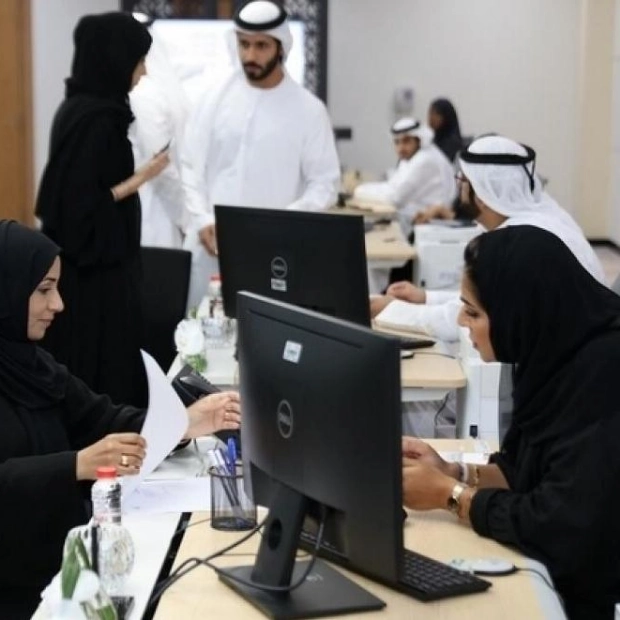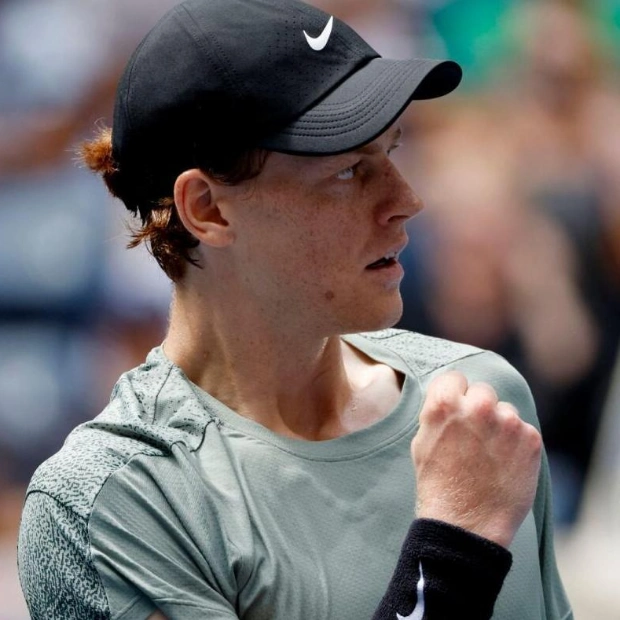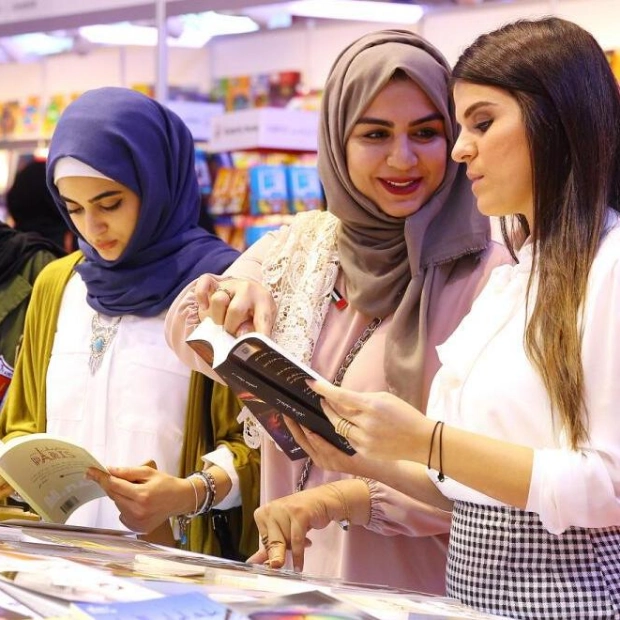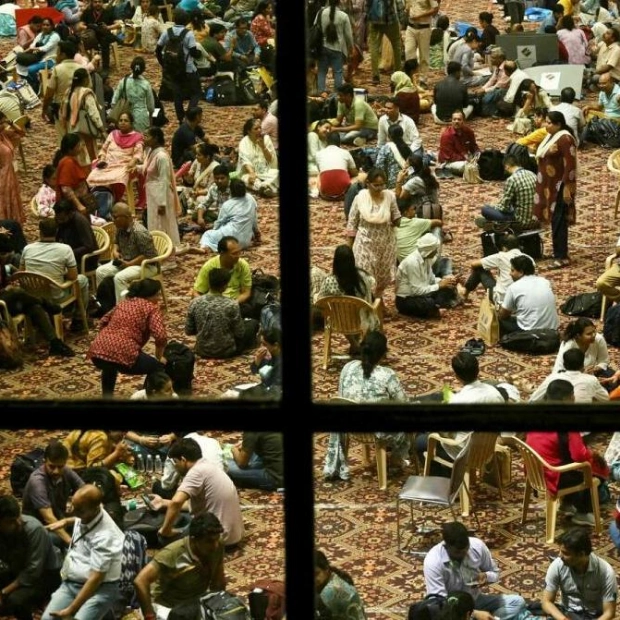Ukraine's Foreign Minister Dmytro Kuleba informed his Chinese counterpart Wang Yi during a meeting in Guangzhou on Wednesday that Kyiv is willing to engage in talks with Russia, provided Moscow demonstrates genuine negotiation intentions, which he currently sees no evidence of. This marks the highest-level visit by a Ukrainian official to China since Russia's invasion in February 2022. The discussions, which lasted over three hours, were described as thorough and substantive by a source within the Ukrainian delegation.
Kuleba reiterated Ukraine's readiness to negotiate with Russia at an appropriate juncture, contingent on Russia's sincerity in negotiations, emphasizing that such sincerity is presently lacking. The ongoing conflict in eastern Ukraine has seen slow Russian advances, coinciding with the upcoming US elections in November, which could potentially see Donald Trump return to the White House and potentially halt crucial aid to Ukraine.
China, positioning itself as neutral in the conflict, established a 'no limits' partnership with Russia just before the invasion and has continued to support Russia diplomatically and economically. A Chinese foreign ministry spokesperson highlighted the importance of long-term bilateral relations and announced China's intention to increase food imports from Ukraine. Mao Ning expressed concern over the humanitarian crisis in Ukraine and noted that both Russia and Ukraine have shown varying degrees of willingness to negotiate, although the conditions for talks are not yet favorable.
The Kremlin, while noting alignment with Kuleba's remarks, sought further details to assess the proposals. Russian President Vladimir Putin previously stated that the war would end if Kyiv ceded territories and abandoned its NATO aspirations, a condition deemed unacceptable by Ukraine. Plans for a second international peace summit, excluding Russia and China, are underway, with Ukraine hoping to host it in a 'Global South' country.
In light of potential changes in US leadership, there has been increased diplomatic activity. Hungarian Prime Minister Viktor Orban embarked on a 'peace mission' to key capitals, though Ukrainian President Volodymyr Zelenskiy dismissed his efforts, emphasizing the role of powerful nations like the US, China, or the EU in mediation. China and Brazil jointly proposed a six-point peace plan in May, advocating for an internationally recognized peace conference.
